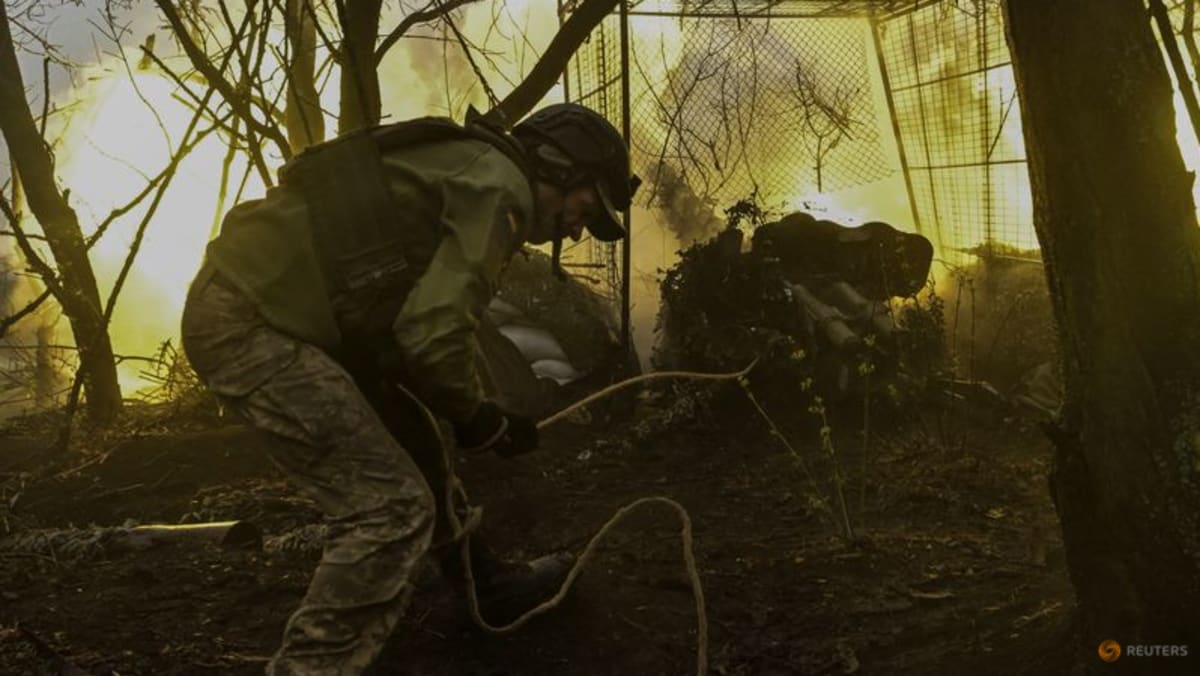Add Turkey to Financial Action Task Force Blacklist for Northern Cyprus Laundering
Turkish Cypriot Casinos Have Doubled in Number and Become Engines for Money Laundering with No Real Oversight
Conceived by the G7 at the end of the Cold War, the Financial Action Task Force (FATF) is the international body most engaged in setting standards to combat money laundering and terror finance, and counter proliferation finance. It assesses each country’s systems and involvement in these activities, places offenders on either a grey or black list, depending upon the severity of their actions, and then works with their governments to remove them when they reform. The grey list imposes increased monitoring, and the black list dissuades FATF members from financial dealings with “countries or jurisdictions with serious strategic deficiencies to counter money laundering, terrorist financing, and financing of proliferation.”
At present, there are three blacklisted countries: Iran, Myanmar, and North Korea. Two dozen others are on the grey list, including countries like Nigeria, Haiti, the Democratic Republic of Congo, and Lebanon known for their corruption; states like Yemen, Cameroon, and known for their dysfunction; and countries and territories like Monaco and the British Virgin Islands, whose banks and shell companies are famous for their complicity in sheltering and obfuscating the origins of investor cash.
The self-styled Turkish Republic of Northern Cyprus is, by design, an entity that stands outside the law. Like other unrecognized states—Russian puppets Abkhazia and Transnistria, for example—northern Cyprus has become a hub for money laundering and other illicit activity. While Transparency International ranks Cyprus as cleaner than Italy, Spain, and Romania, the Turkish-occupied zone is a sector where criminality thrives—and deliberately so.
In recent years, the casino industry has thrived in northern Cyprus. Big-name outlets that invest in the United States, Europe, and Macao and submit to basic regulation and transparency avoid northern Cyprus. About two million tourists visit northern Cyprus each year, almost 80 percent of whom come from Turkey explicitly to take advantage of its beaches and unregulated economy. So do Russians and Iranians. Some Brits and Germans also take advantage of cheap deals and the unregulated economy. In contrast, unoccupied Cyprus welcomes around four million tourists, one-third of whom are British; most of the rest are European or Israelis.
As Turkish President Recep Tayyip Erdoğan’s stewardship of the Turkish economy decimated the Turkish lira, Ankara turned to northern Cyprus as a means to raise capital, much as the Assad regime once used Lebanon to smuggle and launder money. Northern Cyprus is now doubling its thirty-two casinos to sixty-four, all in a region with a population of less than one-half million. Because Turkey rejects European Union anti-money laundering regulations, Turkish Cypriot casinos become engines for laundering with no oversight, absent, perhaps, informal monitoring by the Turkish intelligence service, which sees the region’s casinos as an engine to fund off-books operations.
Erdoğan’s regime is sensitive to inquiries about or focus upon the finances of Turkey-occupied Cyprus. In February 2022, gunmen assassinated Turkish Cypriot businessman Halil Faylali, the alleged godfather of the Turkish Cypriot gambling industry. Shortly after Cemil Önal, Faylali’s finance director, told an anti-corruption watchdog that the northern Cypriot casinos raked in $80 million per month, a gunman assassinated him on a street in The Hague. He allegedly had tapes implicating Erdoğan, intelligence chief-turned-foreign minister Hakan Fidan, and several other Turkish and Turkish Cypriot politicians in various corruption and money laundering schemes.
Nor are casinos the only problem. As international attention has sharpened on the casino scheme, car dealerships in the occupied zone have proliferated, leading to speculation that they are the latest front for Turkish and terrorist money laundering.
Turkey’s persistent effort to bypass responsibility for the multibillion-dollar Halk Bank Iran sanctions evasion scheme highlights how insincere Turkey and its Vichy regime in Cyprus are.
Under such circumstances, the idea that northern Cyprus can or will self-police is risible. The criminality in northern Cyprus is not a second-order effect of occupation; today, it is the purpose of Turkey’s occupation. As such, the only way to combat the money laundering and terror finance that today defines Turkey’s proxy state is to make the Turkish government pay the price. Previous U.S. and European administrations understood this, in the case of Hafez and Bashar al-Assad’s shadow occupation of Lebanon and Russia’s sponsorship of Transnistria and Abkhazia.
While U.S., European, and United Nations policies seek reunification and peace on Cyprus, the Turkish-backed money laundering empire makes this impossible. Once mafias take over governments, they refuse to end conflicts from which they profit. Accordingly, the only realistic way to bring peace to Cyprus and shut down a hub of organized crime and terror finance is to put Turkey on the FATF to the black list.
Turkey may be a NATO member, but its support for economic crime leaves it with more in common with blacklisted countries than with any NATO state. More than a half-century of diplomatic fantasies has not resolved the conflict; it is time to reorient diplomacy to reflect the reality of the so-called Turkish Republic of Northern Cyprus and its sponsor.



